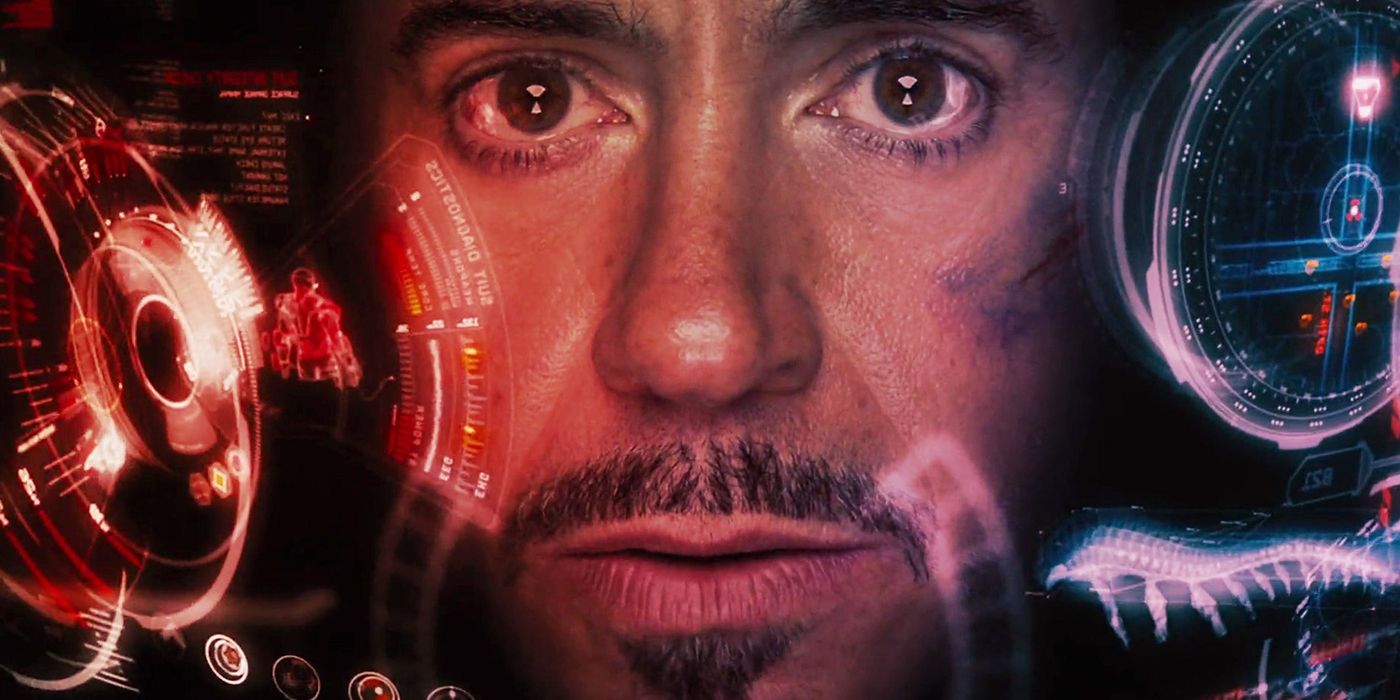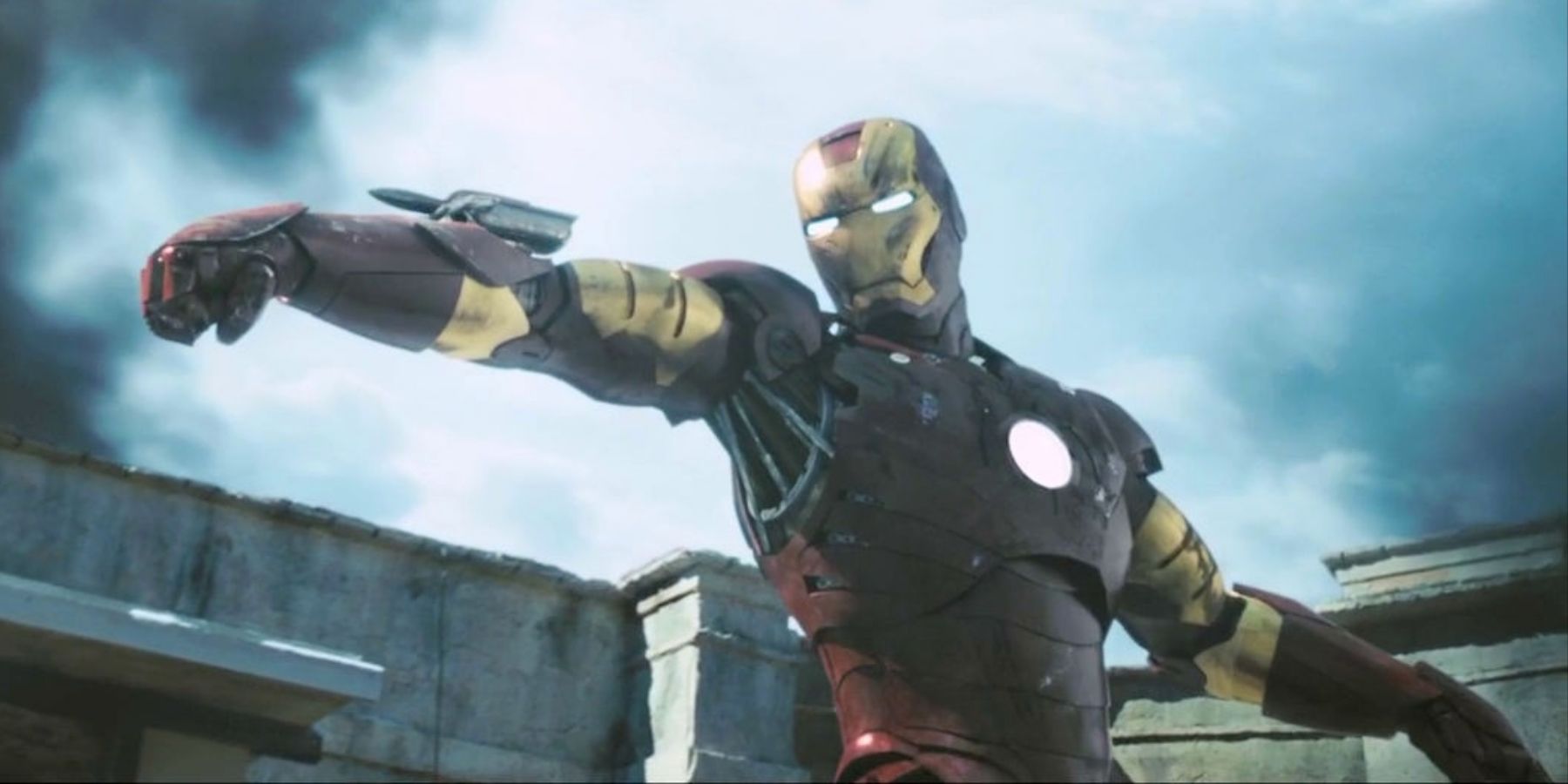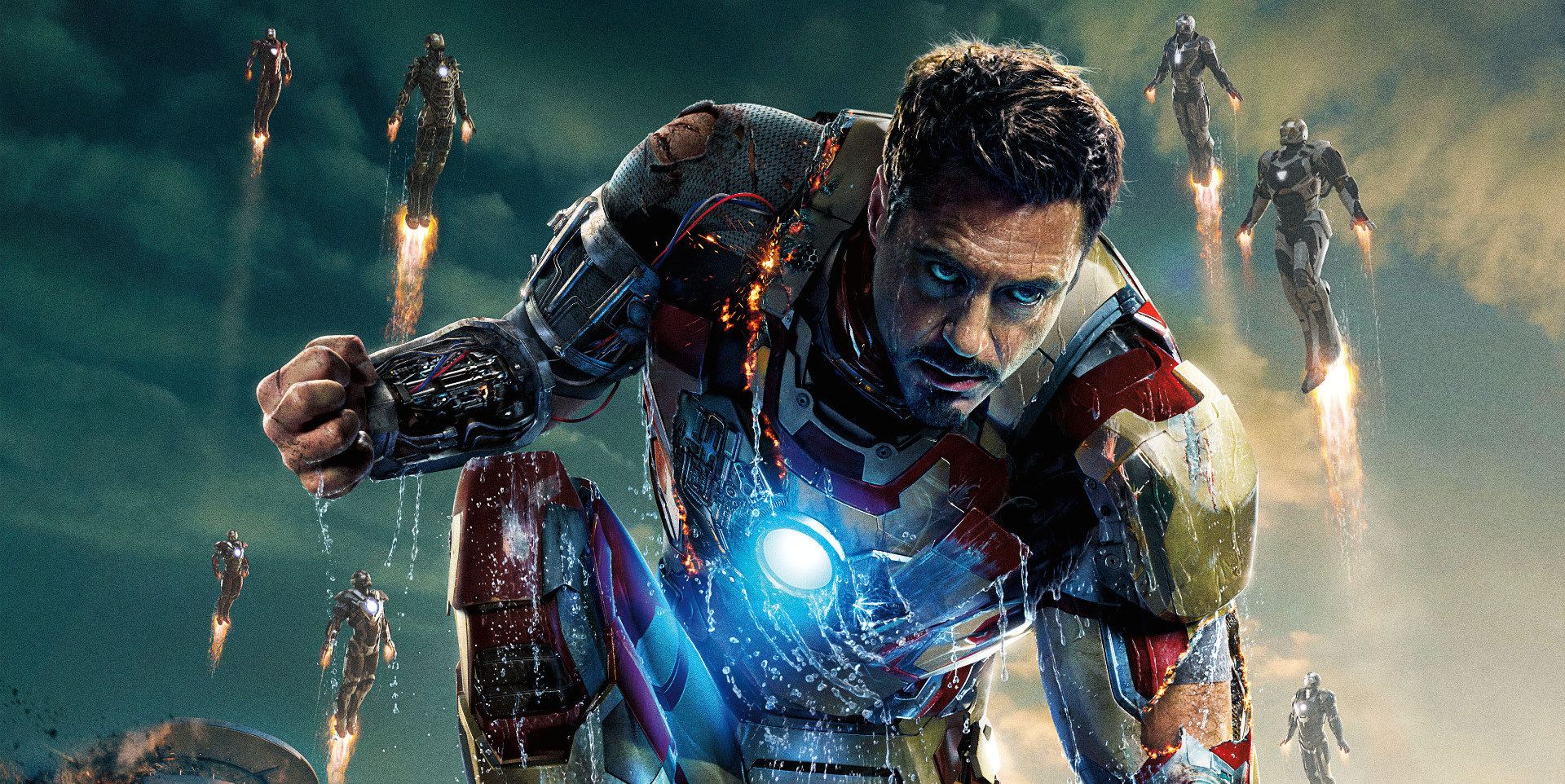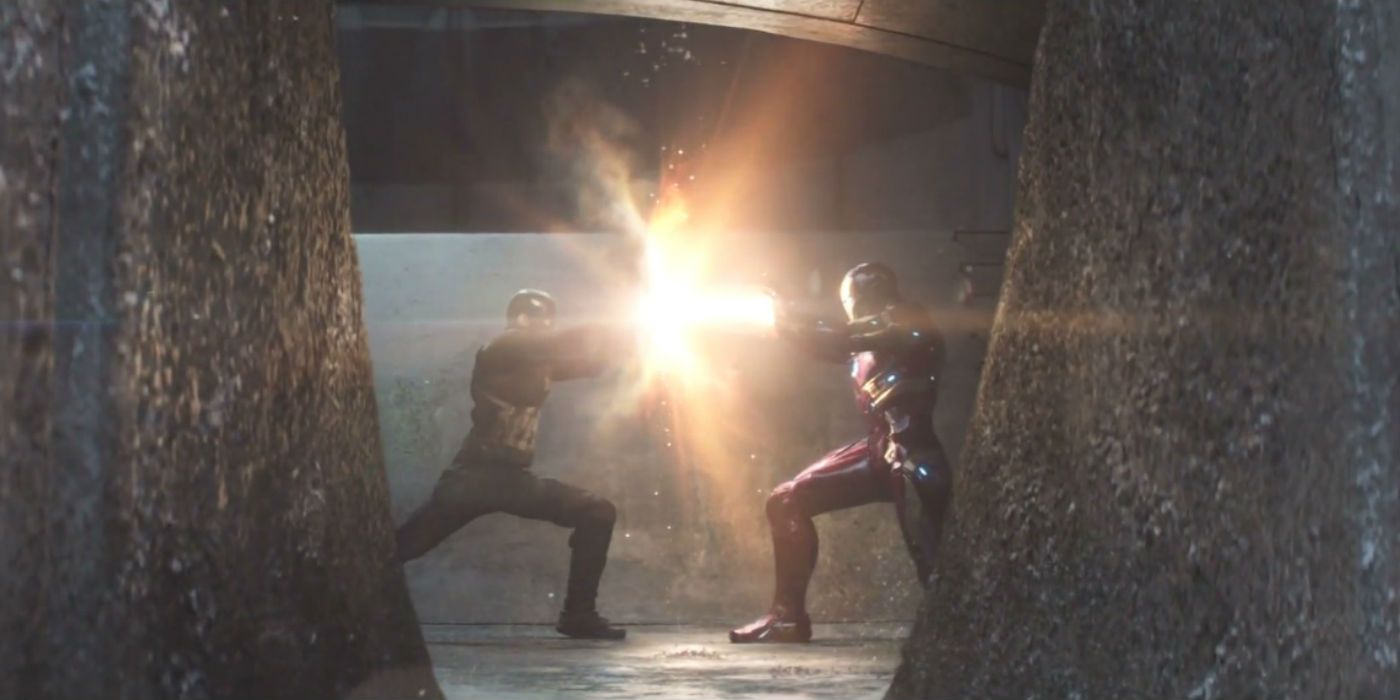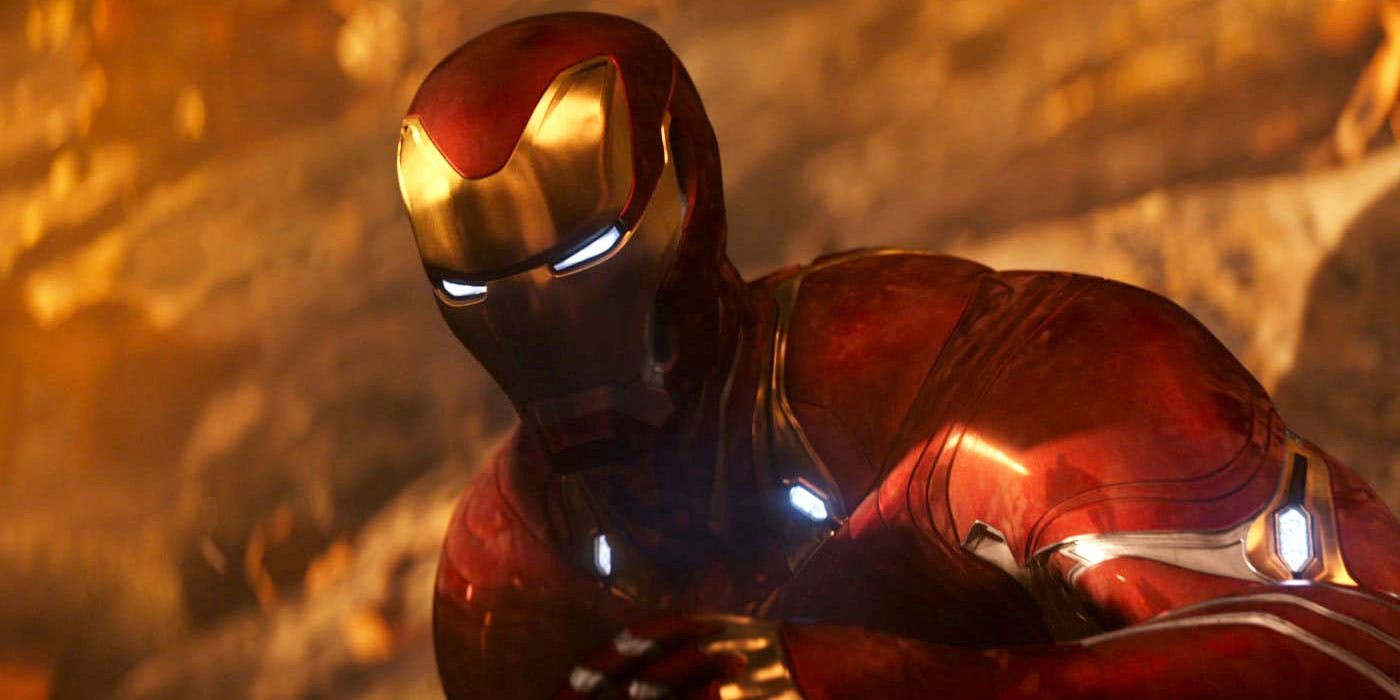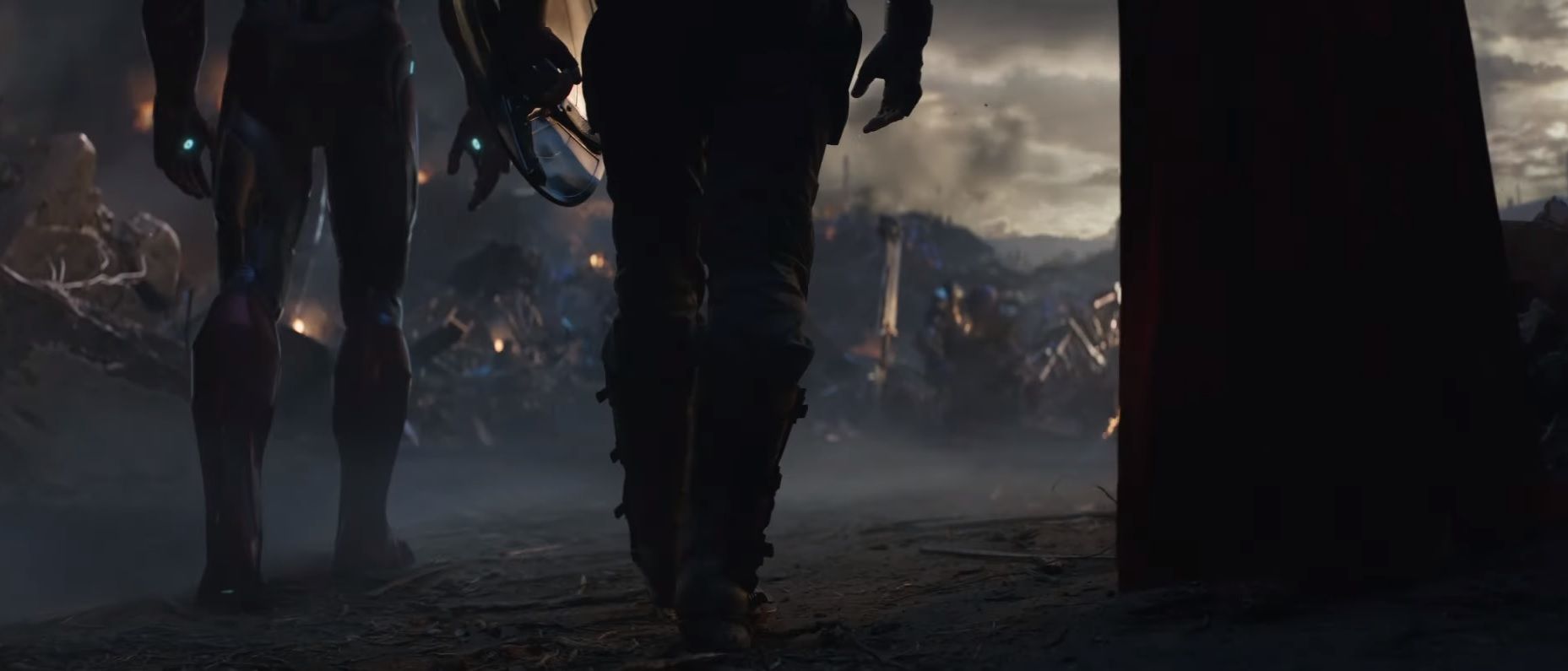People used to say that superheroes are the modern Greek Pantheon. The icons of both these new and old pantheons are often larger than life. They feel bigger than us.
But in many ways, this comparison is incorrect. DC often features larger-than-life heroes doing the extraordinary in a human world. Marvel -- and by extension the Marvel Cinematic Universe -- tends to focus on people thrust into extraordinary circumstances. Perhaps Superman and Batman are like the Greek gods. Characters like Iron Man, though, have more in common with tragic heroes.
And, in many respects, Tony Stark's extended arc in the MCU is like something out of a Shakespearean tragedy. So far, Stark's arc from Iron Man to Avengers: Infinity War has held true to the typical arc of a Shakespearean tragic hero, from Acts I to IV... but what happens in Act V? What happens to Stark in Avengers: Endgame? By applying the trends of Shakespeare to Stark, a portrait is painted -- and not a happy one.
ACT I - Iron Man and Iron Man 2
Iron Man and its sequel comprise the Tragedy of Stark Act I. In Shakespearean tragedies, the narrative often starts by setting up the problems, both external and physical. Romeo and Juliet sets up the conflict between the Capulet and Montague families (external), while establishing that Romeo is a dreaming romantic who throws himself recklessly into love. Hamlet reveals that Denmark is in disarray following the sudden death of the king, that war is coming and there's a ghost wandering the palace (external), while Hamlet is just uncertain and aimless in the world. He rejects that his parents have remarried.
The MCU introduces us to our core conflict: Stark. Externally, his weapons have been used to make the world a worse place, so Stark, now in a position where he can save the world, sets off to control the world's problems. And he actually manages to do so, putting an end to terrorists (Ten Rings), rival businessmen (Stane and Hammer) and old, unsettled conflicts he started (Whiplash). Seemingly, that last one is the least important, but it actually sets up the big conflict for Stark.
You see, while the external conflict seems important, it actually drives the real issue, which is the internal. Stark needs control. His tragic flaw from square one is he's rich and does what he wants. When he realizes his actions have unforeseen consequences, he seeks to control them. And succeeds.
ACT II - Avengers and Iron Man 3
Shakespeare's second acts complicate matters, taking the conflicts established before to the next step. In Macbeth, the first act establishes that Macbeth was predicted to become the Dane by the Weird Sisters. Now, he wrestles with doing what is necessary to make that prediction real, wrestling with his ambitions now that conflict is over. Romeo falls in love with Juliet, despite only knowing her for a night and their families being at war.
With all the tragedies, the heroes lay the groundwork for their ultimate downfalls.
The same thing is true in Avengers and Iron Man 3. Stark has established control over his world. He's creating renewable energy, become a celebrity and, come Iron Man 3, is regarded as the world's greatest hero. But he also realizes there are many problems he can no longer control. Problems far beyond him.
Iron Man 3 further complicates the problem by presenting Stark dealing with direct fallout of his own actions. As Stark says in the film, "we create our own demons."
ACT III - Age of Ultron and Civil War
Act III is the turning point, where the story almost becomes about something entirely different. Before Act III, King Lear is a story about an old man foolish enough to surrender his power before his time. Act III turns it into an all-out struggle for the throne and the resulting destruction from Lear's foolish actions. Before Act III, Macbeth is a good soldier considering if he has what it takes to be leader. Act III turns Macbeth into a murderous, power hungry maniac.
So, Avengers: Age of Ultron and Captain America: Civil War change the conflict. Stark's need for control in an ever growing world leads him to create Ultron, which results in Stark realizing he needs to control himself, which leads to the events of Civil War.
In both cases, the tragedy enters its final stages, as the damage Stark has done cannot be undone now.
ACT IV - Homecoming and Infinity War
Act IV is essentially fallout from what came before. Things that were made inevitable by Act III now slide into place. Macbeth goes mad with power. Hamlet is cast out, but resolves to kill Claudius. Romeo is cast out and a plot to reunite him with Juliet is hatched.
Now, Stark tries to recover. He tries to inspire a next generation of heroes (specifically, Spider-Man). But because of his actions, the planet is unprepared when Thanos comes knocking.
ACT V - Endgame
Act V is where everything that's been set up ends. Macbeth, having created his adversaries, comes to take revenge. Romeo, who always jumps to conclusions, takes his life before the plot to reunite him with Juliet takes place. Hamlet gets revenge, but the conflict kills everyone.
Stark's actions led to Thanos snapping the world away. That is the first consequence of Stark's actions. But the tragedy ends when Stark, in his efforts to find control, does so. Most likely, in order to save the world from his mistakes, he dies.
No Shakespeare tragedy ends with the hero living. They are ultimately destroyed by their tragic flaws. The world is undone first (Thanos's snap) before they themselves are undone.
But Shakespeare tragedies are not 100% melancholy. The deaths of Juliet and Romeo reunite the warring families. Peace returns to Scotland after Macbeth's death. Macbeth stops a villain. Even King Lear, Shakespeare's bleakest play, ends with some order being restored.
Stark's actions helped break the MCU, but his actions will have a unifying impact as well. Everything falls and revives thanks to Stark's tragedy.

